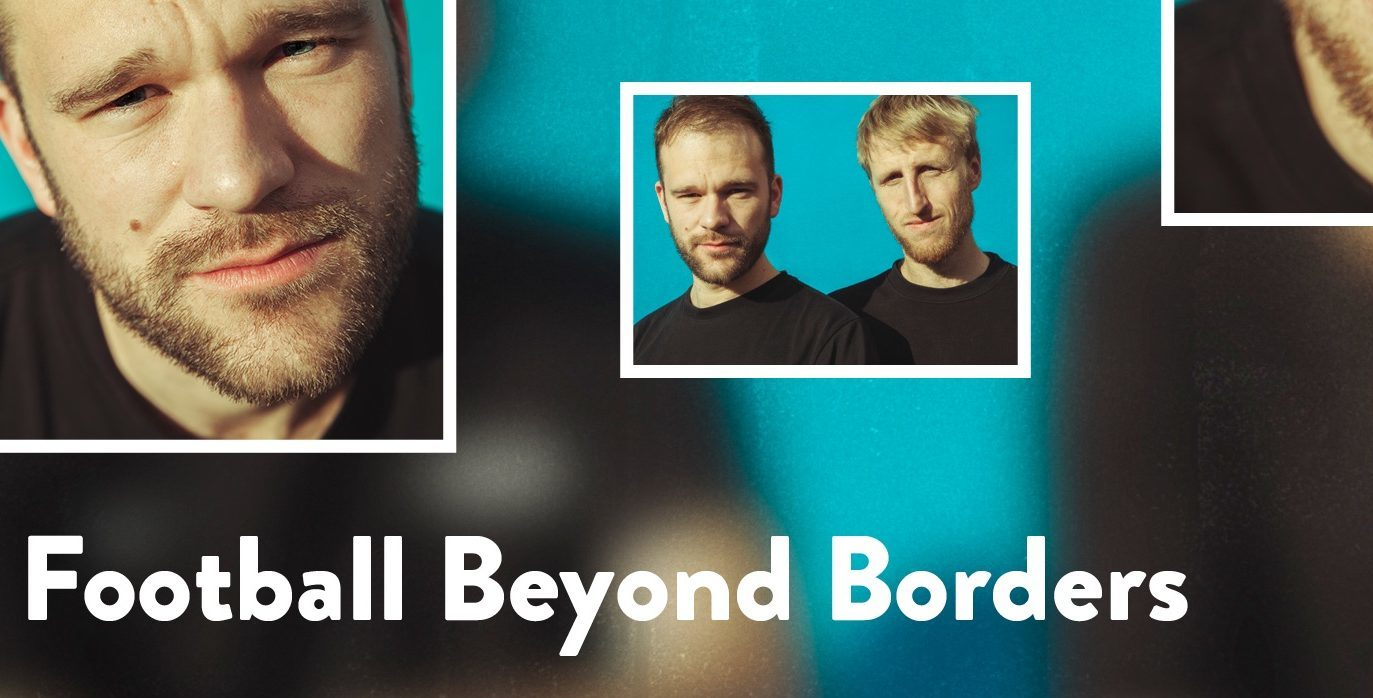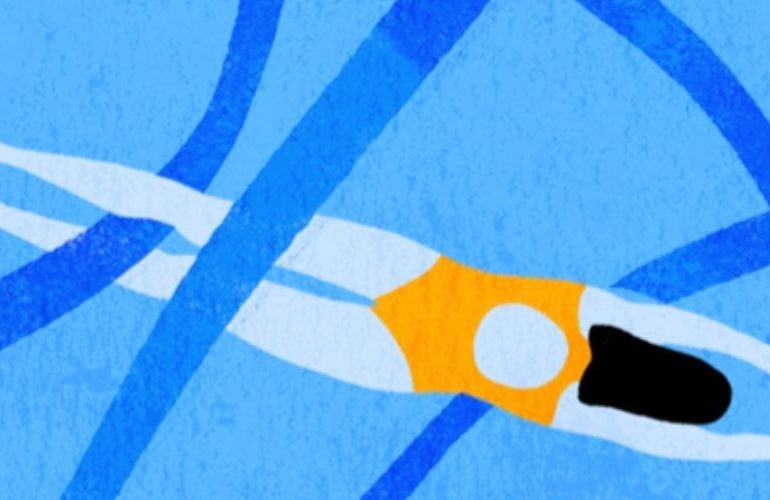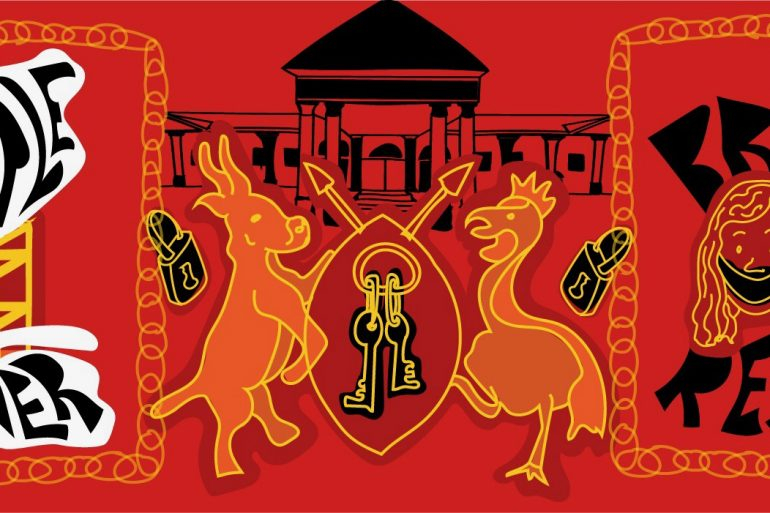You can’t help but be drawn in by the natural energy and genuine warmth of the Football Beyond Borders team. From the powerhouse of Ceylon Hickman, head of Social Action and Female Participation, to the eccentric Irishman Paddy who lives upstairs and reps the FBB t-shirt daily, a visit to the headquarters in Brixton will leave you feeling truly optimistic for the future of young people under their wing. FBB works on a truly inspiring relationship-based model. Their office, full of relatable, long-term and consistent role models, runs on the premise that no one will work with a young person for fewer than three years. The passion and authenticity of co-founders Jack Reynolds and Jasper ‘Jazzy’ Kain in the vision of Football Beyond Borders is infectious – and the charity’s proven ability to create meaningful change in the lives of young people failed by an under-resourced school system leaves you excited in the power of football as a tool for social change.
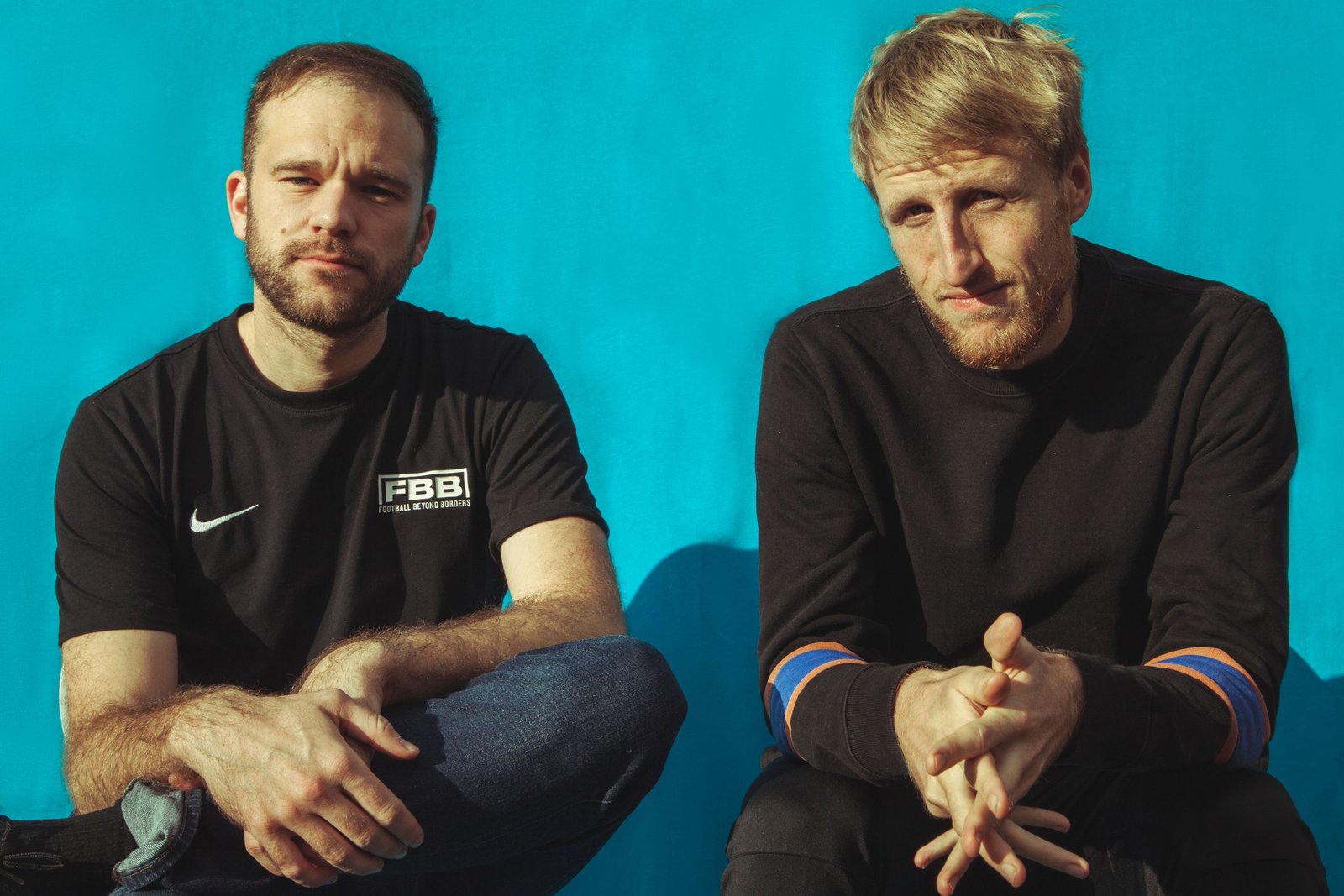
What does change look like in your industry? What changes are needed?
Jack: The big thing we’ve always been about is the belief that people change and people do things through relationships. However, there aren’t many business models in this sector which allow for long-term relationships to develop. So, for us, it has always been about recognising that doing impactful work takes a long time – and it requires very talented people that are prepared to be in a young person’s life for years at a time.
I have huge doubts about how much short-term work can make an impact to a young person’s long-term trajectory.
Recognising that relationships are at the heart of change and that relationships take a long time to build – and therefore change is expensive. This is the big message that I think is really important to get across in this sector.
Jasper: I think charities can end up getting hollowed out and can become quite uninspiring places to work – so, it’s really really important that the work that we do is meaningful and that needs to be reflected on how we treat one another. What that looks like, for instance, is having a model that has pathways for someone who’s a participant, who can then end up working for us. Often what happens in the sector is you have the people you’re working with then not being represented higher up in an organisation. So, something that we’ve been really big on is how can we up-skill workforce and develop the inclusive spaces so that staff feel as though they are represented and their voices are heard and that it’s a long-term place to work.
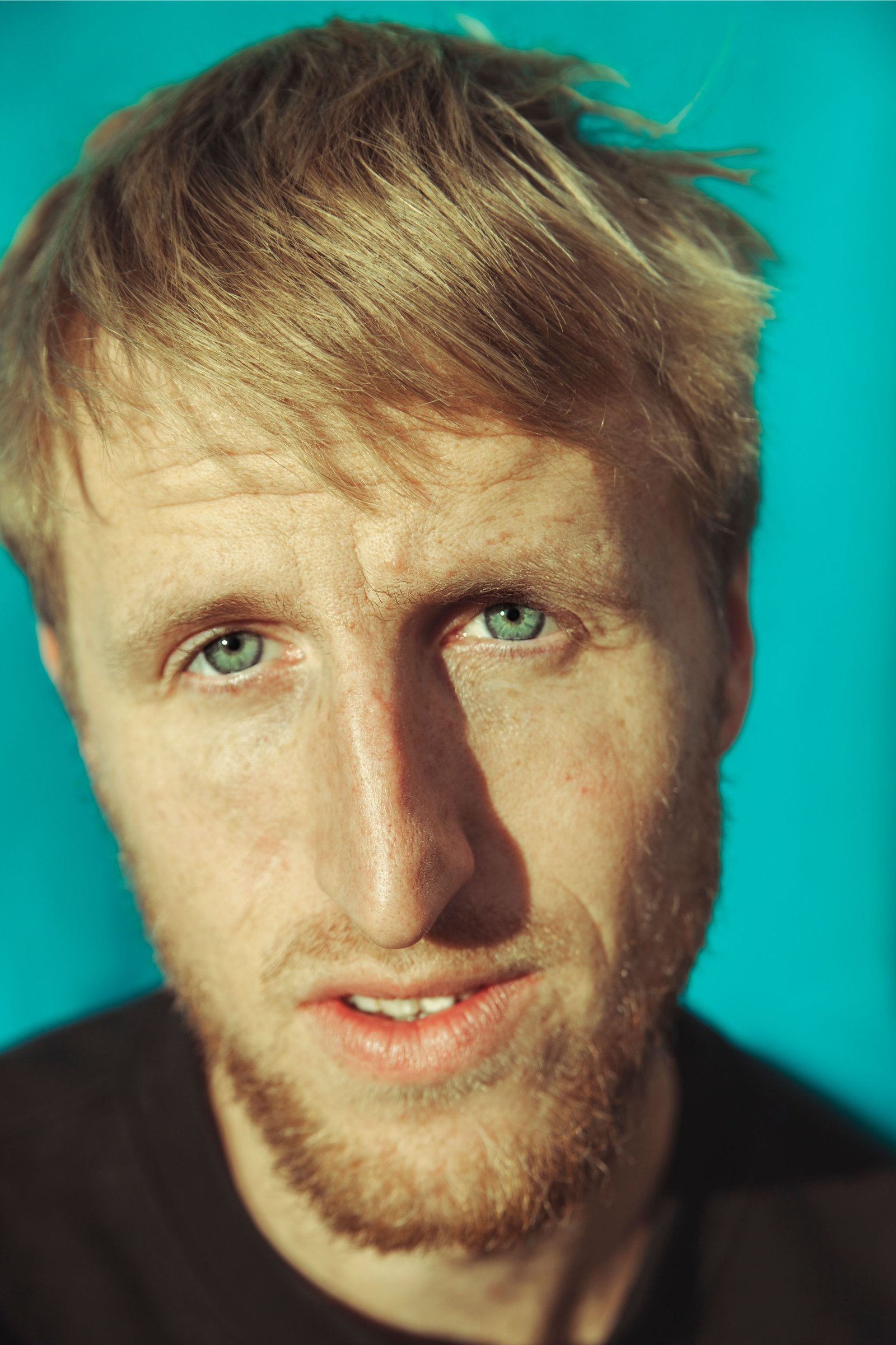
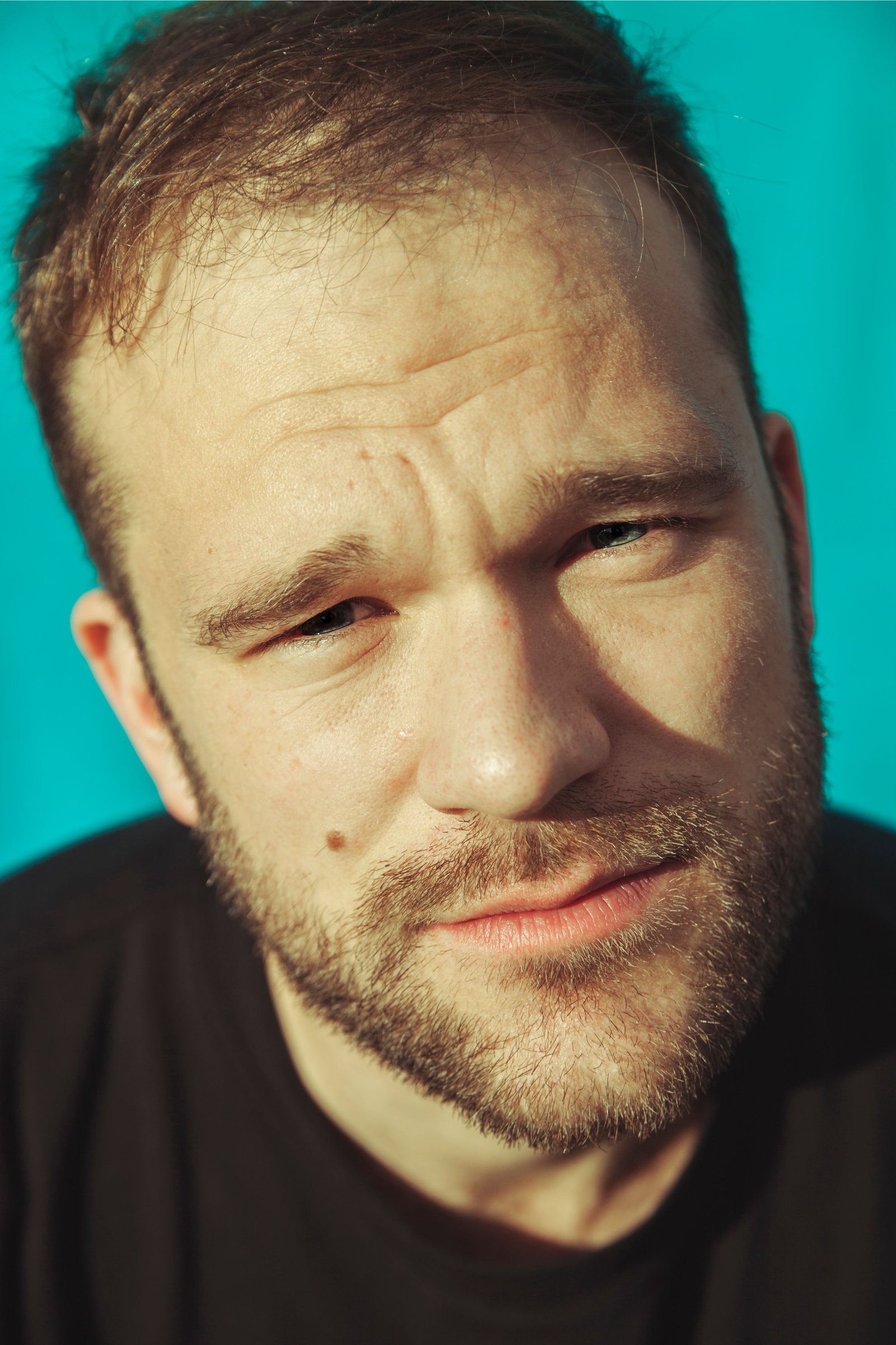
What change do you see yourselves making within the space?
Jasper: It’s interesting when we say the space, because we cut across different sectors. So, you could talk about the charity sector, the education sector, the football sector… and in all of those, we play to those different audiences broadly as a social change movement.
At the heart of FBB, we’re about social and emotional learning in our young people. We try to provide a space where people are able to be themselves and to come into work authentically. And that’s actually quite a difficult thing to do and that raises certain challenges.
We don’t just want a service-delivery model, with that idea that you come in, do two hours delivery and fill out your forms and then you go home. For us, it’s about building long-term, meaningful relationships. We want to work with a young person for a minimum of three years. We start at the age of 12. We say to staff when we recruit that you’re signing up to be with us for three years – that’s the expectation.
It’s all about consistency in a young person’s life.
In terms of education, we really act as a bridge between a young person and their teachers, where perhaps there has been a breakdown because there’s so much stress in terms of resources – both time and money in the education system. It’s really important that we think about a young person’s emotional well-being and I believe we’re part of a movement that’s really championing it.
When it comes to broader societal movements and political movements in most charities, in the quest to see structural change, people often forget about the micro-dynamics and what people are feeling. For us, that relational part is vital.
Finally, within football… well, where do we start? Football is such a popular game; it’s a tool which enables us to engage with young people. With football, there can be a lot of politics but for us, our number one core value is: We put young people first. We always do what we believe is best for the young people and I think, if in five years, we were sat here – that’s what we would like to be known for in football. I do think we are changing the game.
What is the importance of grassroots activism in implementing change at a higher level?
Jack: Just to give a bit of context, Jasper and I both did politics at university – so we both probably began with a very structural view of how change begins. Jasper then went down a campaigning route with Global Citizens; I was at the Ministry of Justice where they believe that the way you drive change is through top down, intellectual decisions.
We both got very frustrated with the limitations of the huge gap between what you think about something at top level and what is actually happening on the ground.
So, our view at the moment is that you have to build these things from the ground up with the people who it affects. That’s what we’re trying to do through this. There is a real tension between building something from the ground up and making it function really well, and doing really exciting things and building meaningful relationships with being completely ignorant therefore of the broader structural trends.
Things change through relationships – so, what we hope with FBB is to give an example of how the world can be; how the world should be; how someone who has been the most stigmatised and marginalised can thrive and can develop great relationships.
Football is a beautiful space for that because it brings people together in a way that probably nothing else does in our society.
Subscribe to shado's weekly newsletter
Exclusive event news, job and creative opportunities, first access to tickets and – just in case you missed them – our picks of the week, from inside shado and out.
Jack: We see the world through a very political lens and it’s a balance in engaging people around their politics. What’s interesting for us is trying to engage people in politics but also being really clear that it’s actually about what they’re passionate about; what they want to talk about; what their opinions are – rather than us telling people how the world works, or who they should vote for. It’s a real delicate balance.
A lot of our work is therapeutically based. We work a lot from a humanistic lens with notions of unconditional positive regard; basically, judging everyone through a positive light as far as possible.
Jasper: We’re now working from Blackpool to Burnley, to Basildon to Brixton. We work in one school which is in the highest Brexit-voting borough in the country, and we are also here in Brixton which was one of the highest Remain – so that brings out a lot for us. We don’t believe in repression; it’s about bringing these things to light. That starts with young people feeling accepted: in a safe space, feeling like their opinions are valued. When we do that, there are some really interesting topics that come out.
For example, we do work around with the boys and girls now – looking at social conditioning, and how you think you should ‘be a man.’ Often what comes out are quite rigid and narrow notions opinions; not being allowed to show emotions is a big one. We look at this, talk through it, and try to uncover what is going on internally. We often get groups to write a letter to their future self; they write a poem about who they would want to become. It’s devices like that which can lead to a more healthy and less toxic society.
Ceylon has also done lots of work around race and gender with the girls’ teams, and there have been some really interesting discussions that have come out of that – but you have to do the groundwork first and almost provide a space for group-based therapy to really bring things to light and to properly unpack things.
Jack: So much is also happening with kids at this stage – the age in child development between 11 and 14, which is so crucial to forging that external identity. It’s a really important point to be having those conversations.
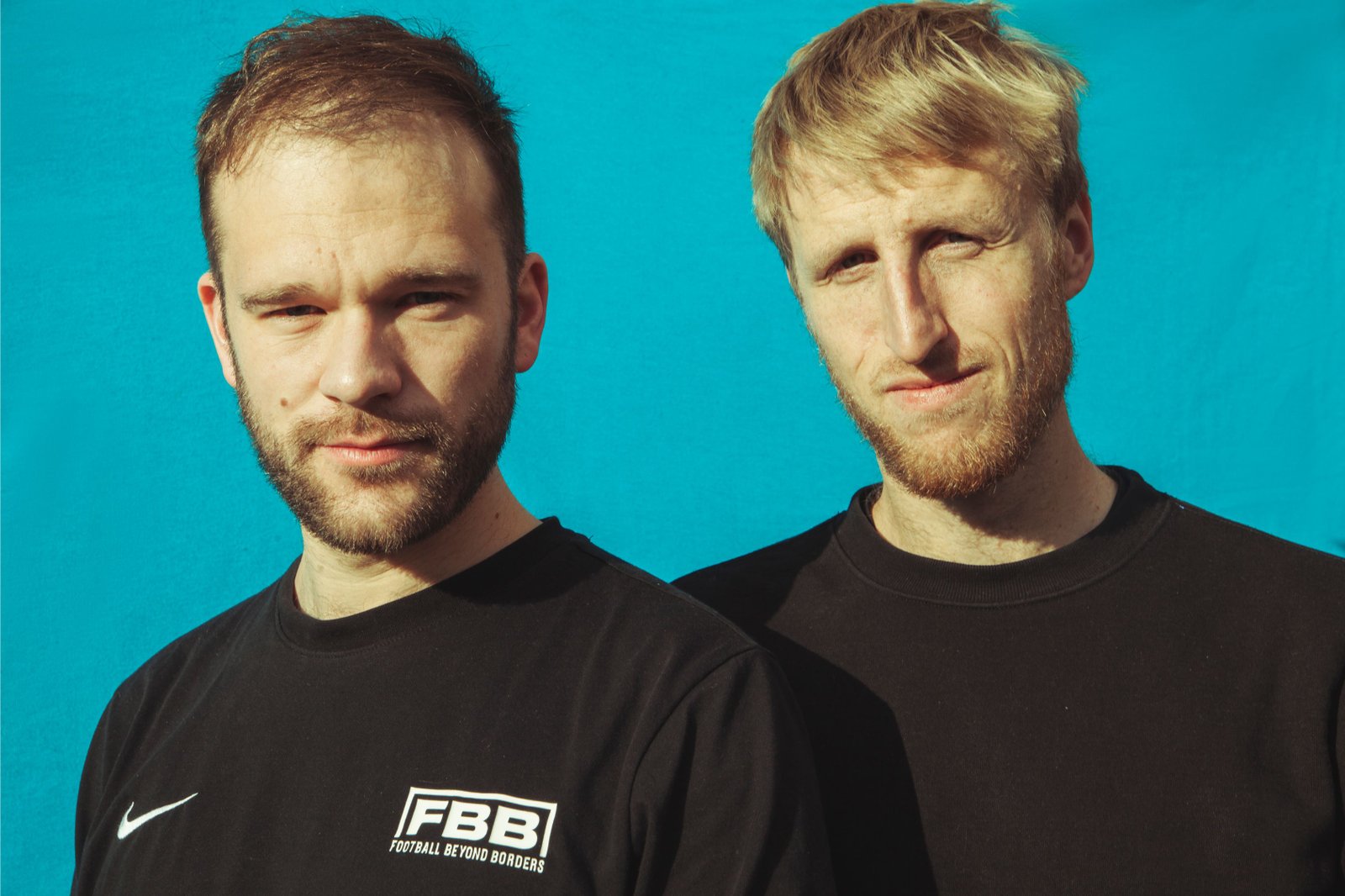
Qhat are some of your biggest successes this year?
Jack: Our North-West program started 5th January 2019 with our first session. That has been a lovely thing to see. But it’s difficult doing it the FBB way from the bottom up – that is, finding the right communities to work in and then recruiting the right people to do it – when you’re not embedded on the ground.
We started a pilot with 6 schools in January for six months; we then moved to 14 schools.
The second success is that our model has moved forward in terms of the therapeutic offer. More often than not, young people who are at risk of exclusion have experienced some sort of trauma, or bad things have happened to them on the whole. Generally, because of the challenges with child mental health services, those referrals don’t get made – either they don’t turn up, or they get bounced back because it’s seen as a behavioural issue. Unless it’s a suicide or self-harming issue they don’t tend to make the threshold, so those issues don’t get addressed and they manifest in behaviour. We’ve really pushed this year for embedding therapists within our programs and try to do that with relatable role models. Now we now have that resource in 15 of our programs this year which is a big improvement for us in terms of our ability to really engage with the underlying causes of the challenging behaviour.
Jasper: Externally, we’ve got a lot more visibility. We’ve been doing bits with high profile footballers and I think that’s gained a lot of traction.
The thing I’ve spent a lot of time doing – and it’s challenging – is the internal working culture. We have three core values. When we recruit for FBB, we very much try to induct and train and work together based on these values. The first one is that we put young people first. The second one is that we care; so, self-care, care for others, care for our environment. The third one is that we learn.
The idea is that we are a learning organisation, within which you have to be receptive to giving and receiving feedback. This is really important, as is our culture of a growth mindset.
We’ve tried to create an environment where people can be really authentic – which is amazing, and feels right – but it’s not without its challenges. This working culture has been a huge piece of work, though it’s the unseen work that no-one really knows goes on.
Then, it’s just some of our young people and their journeys. We went away to St. George’s Park with 11 girls who we were training as peer mentors. What we’ve noticed is that a lot of girls, in order to be able to express themselves in an adult environment, often need a relatable role model; someone they can share with, who makes them feel comfortable and who acts as the ‘connector’. If they are 12-13, they often need a 15-16 year old who can get on their level. So, we’re developing this leadership model with these girls. It was the most inspiring weekend, listening to and hearing these young people. You could just see the growth before you, from the Friday to the Sunday. Since then, I really feel like they are taking up that space proudly and it’s really lovely to see.
Finally, what’s next? What’s in store for 2020?
Jasper: We definitely want to embed and sustain our impact in the North-West. It’s a big task – for example, somewhere like Blackpool has one of the highest rates of school exclusions in the country and serious issues with drugs and deprivation. You can’t just dip your toe in. If you’re serious, then you actually need to do the work – so, really sustaining and embedding that is really important step.
We want to try and develop a more sustainable business model. We don’t always want to be reliant on big grants or corporations; we want, ultimately, to be able to prevent school exclusions. This is valuable for society and schools. If a school excludes a young person, they have to pay the local authority between £5,000-£10,000. So, there is an incentive for us to do this work. Ultimately, that means we create a more sustainable model and can be more autonomous.
The final thing is the development of some of the younger members of the staff – how we create progression routes for them so they’re able to take on more senior roles. That takes time; it requires investment and provision of training programs. We have different pathways now; a counselling pathway and a life-coaching pathway which we’re developing, too.
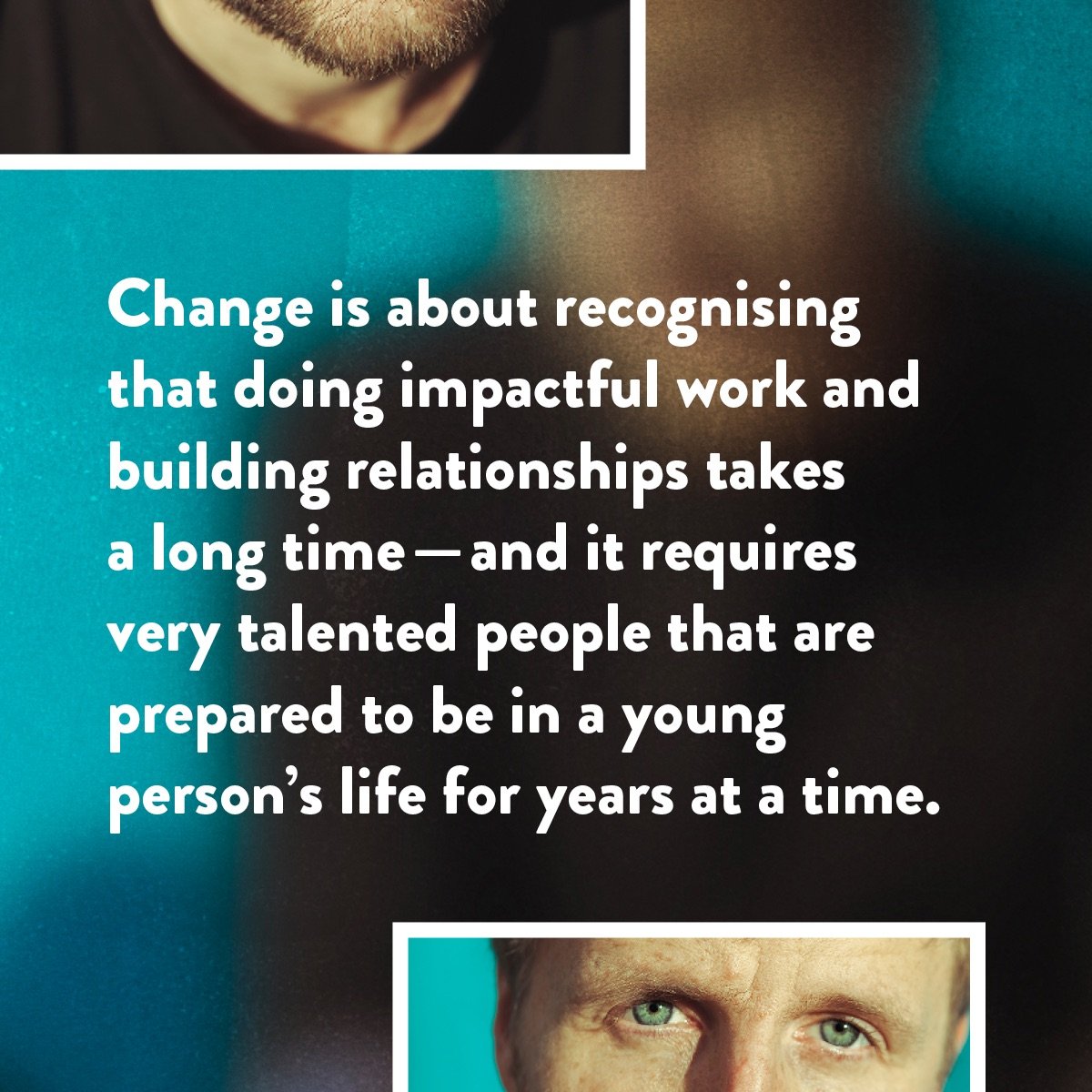
Keep up to date with FBB on their instagram
Interview carried out by Hannah Robathan and Isabella Pearce, co-founders of shado

